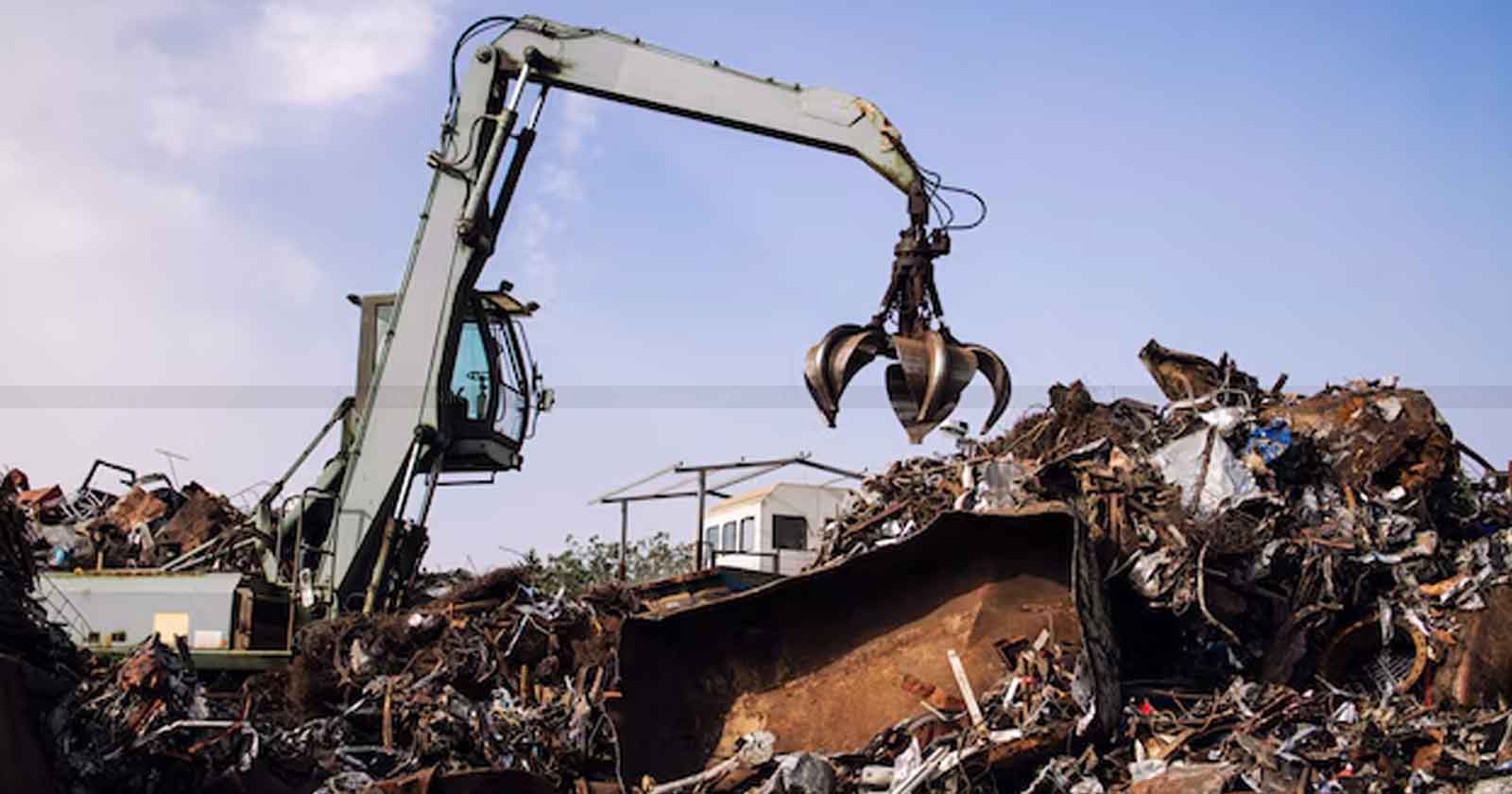Understanding RCM on Metal Scrap Purchases from Unregistered Sellers
Under the RCM, GST-registered buyers must pay tax directly to the government when buying metal scrap from unregistered sellers, ensuring tax is collected and compliance is maintained.

In the Goods and Services Tax ( GST ) regime, the responsibility of paying tax typically lies with the sellers. However, under certain circumstances, this responsibility is shifted to the buyer. This shift is known as the Reverse Charge Mechanism ( RCM ).
One such scenario where RCM is applicable is in the purchase of metal scrap from unregistered sellers. In this case, the buyer must pay the tax directly to the government rather than the seller.
Become a PF & ESIC expert with our comprehensive course - Enroll Now
What is Reverse Charge Mechanism (RCM)?
Typically, under the GST framework, the seller is responsible for collecting tax from the buyer and remitting it to the government. However, under RCM, this responsibility is transferred to the buyer. The buyer, in turn, is required to pay the tax directly to the government rather than to the supplier. This mechanism is primarily designed to ensure that tax is collected in cases where it may be difficult for tax authorities to collect from unregistered or non-compliant suppliers.
RCM on Metal Scrap
In India, metal scrap is a common commodity traded across industries, including manufacturing and construction. According to GST Act, when a GST-registered buyer purchases metal scrap from an unregistered seller, the tax burden is shifted to the buyer under RCM.
The GST Council has specifically notified certain goods and services that are subject to RCM, and metal scrap is one such category. The RCM is applicable only when the purchaser is a GST-registered entity, and the supplier is not registered under GST.
Become a PF & ESIC expert with our comprehensive course - Enroll Now
Why is RCM Applied on Metal Scrap from Unregistered Sellers?
RCM is applied to metal scrap bought from unregistered sellers to address some challenges. Unregistered sellers do not have to collect and pay GST, which could lead to a loss in tax revenue for the government. By shifting the responsibility of paying GST to the buyer, the government ensures that tax is collected even when the seller is not registered.
This approach helps prevent tax evasion, ensures fairness in tax collection, and makes sure that all businesses, including those dealing with unregistered sellers, contribute to the GST system. It also helps maintain a level playing field by stopping any unfair advantage that unregistered sellers might have.
GST Rates On Metal Scraps
The GST rate on metal scrap varies depending on the type of scrap and its usage. Each type of scrap has a unique HSN code (Harmonized System of Nomenclature), which helps classify and identify products for tax purposes.Generally, the following GST rates apply to metal scrap:
- Metal Scrap(Iron,Steel,Copper) :18% GST
- Aluminium Scrap: 18% GST
These rates are applicable when the metal scrap is purchased from an unregistered seller under RCM. The buyer is required to pay GST at these rates and file the returns accordingly.
Process of Paying RCM on Metal Scrap Purchases
When a GST-registered buyer purchases metal scrap from an unregistered seller, they follow these steps to pay the GST under RCM:
- Calculate the GST: The buyer needs to check the GST rate for the specific type of metal scrap they’re buying.
- Payment of GST: The buyer pays the calculated GST directly to the government. For example, if the scrap costs ₹10,000 and the GST rate is 18%, the buyer will pay ₹1,800 as GST (₹10,000 × 18%).
- Input Tax Credit (ITC): If the buyer is eligible for ITC, they can claim back the GST they paid. For example, if the buyer is using the scrap in their business, they can claim the ₹1,800 as ITC when filing their returns, reducing their overall tax liability.
- GST Return Filing: The buyer must report the RCM transaction in their GST returns, specifically in GSTR-3B and GSTR-2. The ₹1,800 GST paid will be shown in the buyer’s returns and paid through their electronic cash ledger.
Become a PF & ESIC expert with our comprehensive course - Enroll Now
Impact On Business
- Increased Compliance: Businesses buying metal scrap from unregistered sellers must follow RCM rules, which means they need to keep accurate records and pay taxes on time.
- Cash Flow Impact: Paying GST under RCM can affect a business's cash flow, especially if they can’t claim Input Tax Credit ( ITC ) or if the scrap isn’t used for business purposes.
- Documentation: Businesses must keep proper records, such as invoices and payment details, to make sure they meet GST reporting rules.
Conclusion
The Reverse Charge Mechanism ( RCM ) for metal scrap purchases from unregistered sellers ensures proper tax collection, even when the seller is not registered. It makes the buyer responsible for paying GST on such purchases. By understanding the GST rates, payment process, and claiming Input Tax Credit, businesses can stay compliant and avoid penalties.
Businesses buying metal scrap must stay updated on RCM rules, pay the correct taxes, and file returns accurately to avoid any issues and keep operations running smoothly.
Support our journalism by subscribing to Taxscan premium. Follow us on Telegram for quick updates


